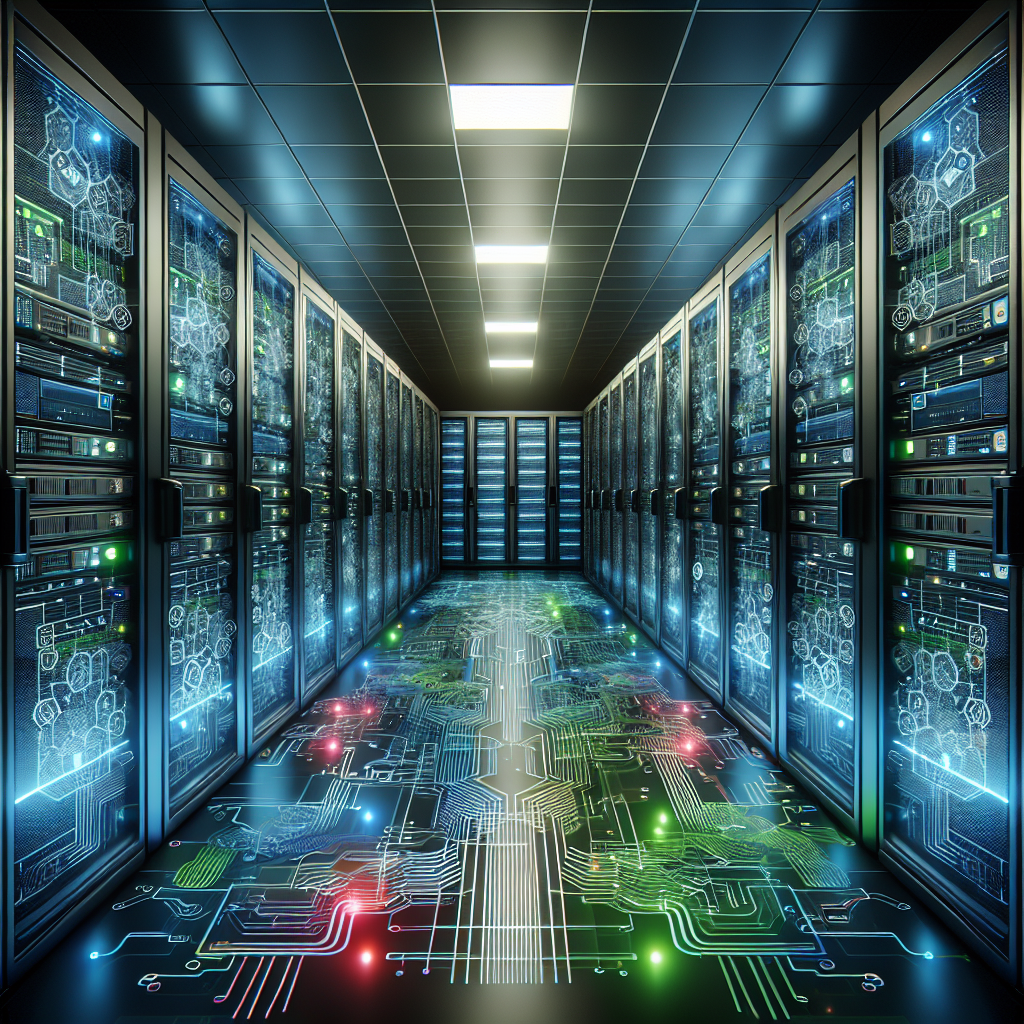Your cart is currently empty!
Top Trends in Data Center UPS Technology: What You Need to Know

Data centers are crucial components of modern businesses, housing the servers and networking equipment that support daily operations. One vital aspect of data center infrastructure is the uninterruptible power supply (UPS) system, which ensures that critical equipment remains powered in the event of a power outage or disturbance. As technology evolves, so do the trends in data center UPS technology. Here are some of the top trends you need to know about:
1. Modular UPS Systems: Traditional UPS systems are typically large, monolithic units that can be difficult to scale or upgrade. However, modular UPS systems are becoming increasingly popular due to their flexibility and scalability. These systems consist of smaller, independent modules that can be added or removed as needed, allowing data centers to easily expand their capacity without having to replace the entire system.
2. Lithium-Ion Batteries: While lead-acid batteries have long been the standard choice for UPS systems, lithium-ion batteries are gaining traction in the data center industry. These batteries offer several advantages, including longer lifespan, faster recharge times, and higher energy density. As a result, data centers are increasingly adopting lithium-ion batteries to improve the reliability and efficiency of their UPS systems.
3. Energy Efficiency: With the rising cost of energy and growing concerns about environmental sustainability, data centers are placing a greater emphasis on energy efficiency. UPS systems are a major consumer of power in data centers, so optimizing their efficiency is crucial for reducing operating costs and minimizing environmental impact. Manufacturers are developing UPS systems with advanced energy-saving features, such as high-efficiency transformers and variable-speed fans, to help data centers achieve their sustainability goals.
4. Integrated Monitoring and Management: Remote monitoring and management capabilities are essential for ensuring the reliability and performance of UPS systems. Modern UPS systems are equipped with advanced monitoring features, such as real-time alerts, predictive maintenance, and remote diagnostics. These capabilities enable data center operators to proactively identify issues and take corrective action before they escalate into costly downtime.
5. Cloud-Based UPS Solutions: Cloud computing has revolutionized the way data centers operate, and UPS technology is no exception. Cloud-based UPS solutions leverage the power of the cloud to provide centralized monitoring and management of UPS systems across multiple data center locations. This approach enables data center operators to easily monitor the health and performance of their UPS systems, regardless of their physical location.
In conclusion, staying abreast of the latest trends in data center UPS technology is essential for ensuring the reliability and efficiency of your data center infrastructure. By embracing modular UPS systems, lithium-ion batteries, energy-efficient design, integrated monitoring and management, and cloud-based solutions, data center operators can optimize the performance of their UPS systems and safeguard their critical equipment against power disruptions. As technology continues to evolve, it is important to stay informed and adapt to the changing landscape of data center UPS technology.

Leave a Reply